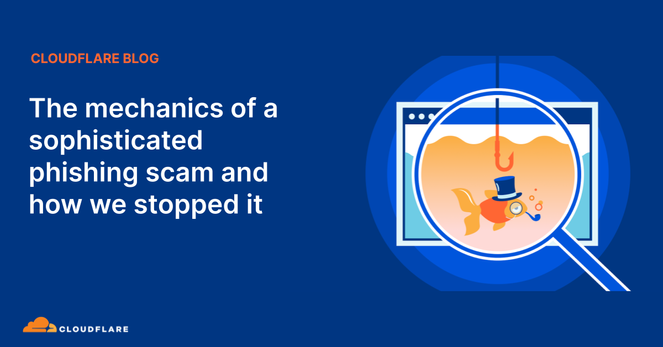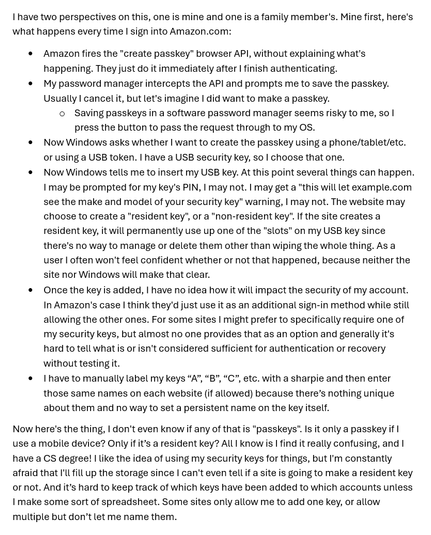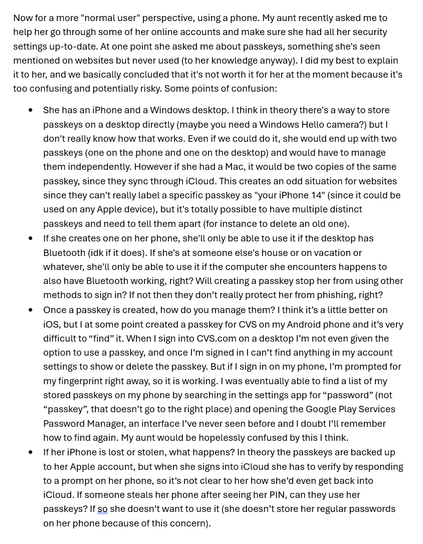@lauren 100% this...
Plus, a lot of companies dont provide a company phone, so do they have to use their personal one, isn't that a hell of a risk ?
@djdiskmachine @beaumains @lauren Could you just carry this tracking device around for us, and Oh, can your company use your car whilst you are at work too ?
FOC of course.
@djdiskmachine @Extelec @lauren yeah so, one of the big reasons companies want that is so they can wipe their data from your phone when they ditch you for someone cheaper.
The thing is that its my phone, I bought it. That means that I get to decide what it does, including what data remains on it. I root all my phones because I like the control. Companies want to exert more control and ownership over my device than they think that I have. This is unacceptable.
"Works for me" writ large.
They definitely don't class people below a certain level of income and resources as people they need to know about.
"The Bros often don't have a clue about the real world."
OR they do, and see this as another lever they can use to scare the crap out of the "living-check-to-check" poverty class to keep motivating them/us into continuing to compromise again and again and never stand up to the oppressive and predatory system
If that's their intent, then they have a completely deluded assessment of who the poor are and how and why they're poor.
They want us to live in their fantasy nightmare
I didn't know they had made it an option ... the demand is still showing on my account ... so thanks for that.
And it's too damn easy to lose a small object like a YubiKey ... hell people can even lose a large TV Remote :) then one is locked out and it's very hard to get anything back from MyGov ...
The point is we shouldn’t leave behind folks that can’t use passkeys or other smartphone-demanding tech. MyGov allows users to ignore the ‘security review’ recommendations to accomodate diverse needs.
As for users who barely understand these systems, passkeys were designed so that users only need to know how to unlock their phone — still an assumption, I know — but I think a poor job has been done with making that clear.
And I get that some folk won’t understand how that’s different from being asked to remember a separate password. Especially after a decade of being told to use different passwords for different systems.
@lauren while I was on vacation I tried to log into Google via passkey (to follow peoples map pins.) It didn't accept it (??) Every time I entered the password it knocked me back to the screen to enter the passkey. Lather, Rinse, Repeat.
My own fault for enabling a technology I didn't fully understand at the time.
Even worse that google ignored you as a .probably normal user without domain specific knowledge, ie how passkey works and doesn't work. They ought to know better. Now they want to force a feature?!
I'd say shame on them, except I think these days, they don't care. By they, I mean c-suite. If I didn't know better, I'd think it is an exit strategy,... First replace or reduce all the users. .
@timcappalli @lauren Turns out I had a lot to say, so I'm linking a PDF. Mostly it's about the UX, not the details of the protocol/crypto which I'm sure are fine. Though as a web developer I do remember thinking the APIs were a little confusing last time I looked, since there are a lot of different options/features to think through.
Passkeys will do little-to-nothing to stop phishing, because phishers have at their disposal (1) an essentially-infinite supply of domains in ~1000 junk gTLDs (2) an essentially infinite supply of hosting thanks to providers who do NO due diligence (3) an essentially infinite supply of email accounts thanks to large email providers who also do NO due diligence (more)
(4) clueless corporations who send email messages with HTML/typography/graphics/links...thus training their customers that any message that looks like it's authentic IS authentic and that they should follow the links (5) increasingly-dumbed-down email UIs that conceal important information by default AND mark obviously fake messages from not-really-your-bank.xyz as "authentic" because they pass DKIM just as readily as real messages from really-your-bank.com.
@DarthWombat @lauren That's why passkeys are useful, they are immune to all of that. If your bank is example.com, example.net cannot compromise your account. Even if you're 100% convinced that example.net is your real bank, your passkey for example.com will not work there. This has been tested in the real world, it has stopped some very sophisticated phishing attempts.

The mechanics of a sophisticated phishing scam and how we stopped it
Yesterday, August 8, 2022, Twilio shared that they’d been compromised by a targeted phishing attack. Around the same time as Twilio was attacked, we saw an attack with very similar characteristics also targeting Cloudflare’s employees.
@williamoconnell @DarthWombat Passkeys, even in the best possible imagined form and deployment model, are worse than useless in the absence of robust account recovery systems and protocols, because the risk of account lockouts can be far higher with passkeys than with traditional authentication mechanisms, especially for nontechnical users with only a single device. And passkeys are essentially worthless for users who depend on public computers (which often don't even permit USB devices to be attached) for their Internet access, many of whom don't have smartphones (or often any phone at all).
These users are disadvantaged enough by legacy authentication models, passkeys put them at even greater risk of total account lockout. Combined with atrocious account recovery systems such as those at #Google, and it's a slap in the face to these users who are the ones always getting the shaft from the Big Tech Bros.
@lauren @DarthWombat I don't think users should be forced to use passkeys as their only authentication method, to be clear. And I agree that Google, etc. could do more to help homeless/phone-less people use their services. But I think basically every organization could do more to help people in that situation? IMO it's more about incentives than "tech bros".
Web authentication for someone that has no possessions and can't remember their password (no one can) is a tough problem.
@lauren @williamoconnell @DarthWombat Proton (A Swiss provider) claims to have the strongest privacy due to the Swiss Privacy Laws (which are weaker than EU Law).
Why not Proton:
@lauren @williamoconnell @DarthWombat Why not Proton:





